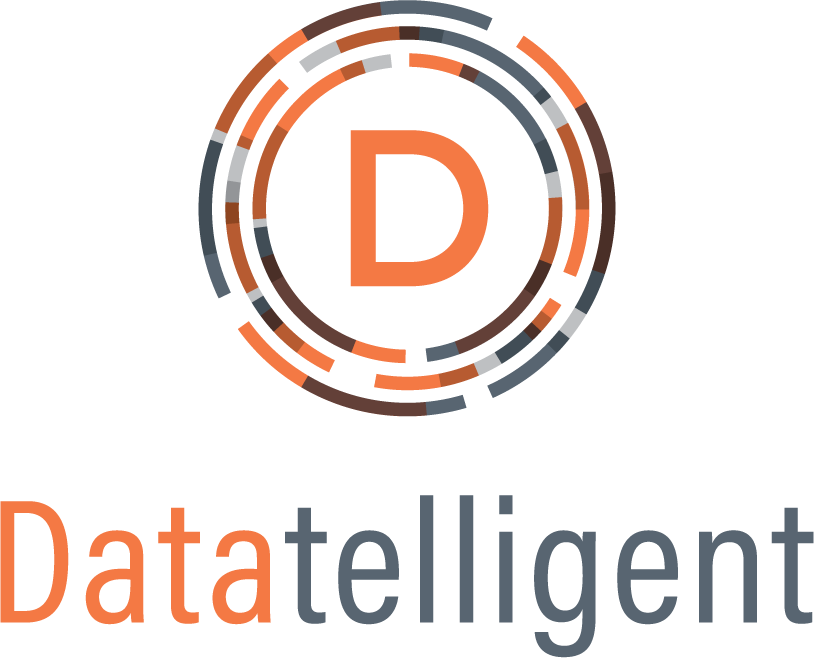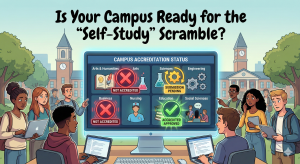In today’s rapidly evolving higher education landscape, universities are increasingly seeking partnerships to leverage data for better insights and decision-making. These collaborations, known as University Research Partners, can take several forms, each with unique benefits for the institution. 🤝
What is a University Research Partner?
University Research Partners are organizations that collaborates with an educational institution on research initiatives. These partners can range from other academic institutions to industry leaders and data analytics companies.
-
- External Focus: Some partners work with universities to conduct case studies within real-world industries. This offers students valuable hands-on experience and exposure to current industry practices 💼, while providing the partner with fresh perspectives and research findings.
-
- Internal Focus: Other partners specialize in analyzing a university’s internal data. This includes student performance, enrollment trends, faculty productivity, and resource utilization. By uncovering patterns and insights within this data 🔍, these partners help universities optimize operations, improve student outcomes, and make informed strategic decisions.
Datatelligent: Leading the Way in University Data Analytics 🚀
Datatelligent has positioned itself as a premier research partner for universities seeking to harness the power of their internal data. We offer a comprehensive solution that leverages existing learning management systems (LMS) like Canvas, Moodle, or Blackboard, as well as other data sources within the university ecosystem.
Our Approach:
-
- Data Integration: We seamlessly integrate with your LMS and other platforms to gather comprehensive data on student engagement, course performance, and faculty interactions.
-
- Data Warehousing: We utilize cutting-edge Snowflake technology to store and manage your data securely and efficiently. This scalable data warehouse provides a solid foundation for in-depth analysis and reporting.
-
- Data Visualization: We employ powerful visualization tools to transform raw data into actionable insights. Our custom solutions allow you to easily monitor key metrics, identify trends, and make data-driven decisions. 📊
-
- Machine Learning: We leverage advanced machine learning models to uncover hidden patterns and correlations within your data. This enables us to predict student outcomes, identify at-risk students, and personalize learning experiences.
Benefits for Universities:
-
- Improved Student Success: Identify and address challenges early on, leading to higher retention rates and graduation rates.🎓
-
- Enhanced Faculty Effectiveness: Provide faculty with insights into student performance and engagement, enabling them to refine their teaching methods. 👩🏫
-
- Data-Driven Decision Making: Equip administrators with comprehensive data to inform strategic planning and resource allocation.
-
- Competitive Advantage: Stay ahead of the curve by leveraging data to drive innovation and continuously improve.
The Future of University Research Partnerships
As the importance of data in higher education continues to grow, so too will the role of university research partners like Datatelligent. By partnering with us, universities can unlock the full potential of their data, drive meaningful change, and create a brighter future for their students and faculty. ✨
Ready to learn more? Contact Datatelligent today to schedule a consultation and discover how we can help your university thrive in the data-driven age.




